
Unlocking the Mind: A Journey Through the Stages of Cognitive Development

Introduction
In the landscape of human experience, few subjects are as intriguing and essential as cognitive development. Often described as the internal architect of our actions, decisions, and emotions, the mind operates in mysterious ways. Unlocking the Mind: A Journey Through the Stages of Cognitive Development invites individuals to delve deeply into the nuances of how people think, learn, and grow from infancy into adulthood. Understanding these stages is not merely an academic pursuit; it’s a critical step toward fostering better educational practices, improved mental health, and enhanced interpersonal relationships.
Imagine receiving a key that unlocks doors and sheds light on how our thoughts influence our reality. This exploration is key, illuminating the processes governing our cognitive framework. We will thoroughly investigate the theories, stages, and psychology behind cognitive development, crafting an informative and engaging narrative.
The Foundations of Cognitive Development
Cognitive development refers to the ways individuals think, learn, understand, and remember as they age. The journey begins in infancy and continues throughout our lives. Two primary theorists, Jean Piaget and Lev Vygotsky, laid the groundwork for our understanding of cognitive processes through their influential theories.
Jean Piaget: The Stages of Cognitive Development
Piaget’s Theory posits that children progress through four distinct stages:
- Sensorimotor Stage (0-2 years):
- Characteristics: Infants learn through sensory experiences and manipulating objects.
- Case Study: A three-month-old baby learning to grasp a rattle illustrates this stage. As the baby shakes the rattle, it learns that its actions produce sounds, highlighting the beginnings of cause-and-effect understanding.
- Sensorimotor Stage (0-2 years):
- Preoperative Stage (2-7 years):
- Characteristics: This stage is marked by symbolic thinking and language development.
- Case Study: Consider a five-year-old child playing with dolls and creating complex stories. This demonstrates symbolic thought, as the child uses objects to represent other entities.
- Preoperative Stage (2-7 years):
- Concrete Operational Stage (7-11 years):
- Characteristics: Children begin to think logically about concrete events but struggle with abstract concepts.
- Case Study: Think of a child solving math problems using physical objects to represent values. This hands-on approach helps them grasp mathematical concepts.
- Concrete Operational Stage (7-11 years):
- Formal Operational Stage (12 years and up):
- Characteristics: Abstract thinking and systematic planning emerge.
- Case Study: A teenager contemplating hypothetical situations—like considering various outcomes after making a decision—illustrates the culmination of cognitive development.
- Formal Operational Stage (12 years and up):
Lev Vygotsky: Social Interaction and Cognitive Development
Vygotsky’s sociocultural theory emphasises the importance of social interaction in the development of cognition. He proposed that every function in a child’s cultural development appears twice: first on the social level and then on the individual level.
- Key Concept: Zone of Proximal Development (ZPD) refers to the difference between what a learner can do without help and what they can achieve with guidance.
- Case Study: A six-year-old learning to ride a bicycle with the help of a parent exemplifies how guided interaction enhances learning. Here, the child taps into their ZPD, which fosters confidence and cognitive growth.
- Key Concept: Zone of Proximal Development (ZPD) refers to the difference between what a learner can do without help and what they can achieve with guidance.
Comparing Piaget and Vygotsky
| Aspect | Piaget | Vygotsky |
|---|---|---|
| Focus | Individual learning through stages | Social context of learning |
| Developmental Stages | Fixed stages | Continuous development |
| Key Concepts | Cognitive structures | Social interaction, ZPD |
| Role of Language | Emerges in the preoperational stage | Central to cognitive development |
The Real-World Application of Cognitive Development Stages
Understanding these stages offers invaluable insights into various fields: education, psychology, and child development. Let’s explore practical applications in each area.
Education
- Tailored Teaching Strategies:
- Teachers can create age-appropriate learning activities by understanding which cognitive stage their students are in. For instance, using concrete objects in mathematics for concrete operational learners versus abstract concepts for formal operational students.
- Tailored Teaching Strategies:
- Encouraging Critical Thinking:
- Through collaborative projects, teachers can foster social interaction, tapping into the principles established by Vygotsky to enhance cognitive skills.
- Encouraging Critical Thinking:
Psychology
- Therapeutic Approaches:
- Therapists can design interventions based on a client’s cognitive development stage, ensuring their methods align with the client’s ability to comprehend and process information.
- Therapeutic Approaches:
- Understanding developmental disorders:
- Recognising cognitive development stages helps practitioners identify delays or disorders early, allowing for timely intervention.
- Understanding developmental disorders:
Child Development
- Parental Guidance:
- Parents armed with knowledge of cognitive stages can more effectively engage in their children’s learning processes, such as encouraging exploration during the sensorimotor stage.
- Parental Guidance:
The Role of Modern Technologies
In today’s digital age, technology plays a pivotal role in cognitive development. Second-language apps, interactive learning platforms, and virtual reality simulations offer stimulating environments for children, aiding in engagement and boosting analytical thinking.
Challenges and Misconceptions
While understanding cognitive development is crucial, several common challenges and misconceptions can hinder progress:
- Static vs. Dynamic Models: Many believe cognitive development is a linear path, like climbing stairs. In reality, it resembles a more organic process, where individuals may emerge from one stage to navigate back through another based on specific contexts.
- Cultural Differences: Misunderstanding the variation in cognitive development across cultures can lead to misinterpretations of a child’s abilities or behaviors. It’s vital to consider cultural contexts when evaluating cognitive stages.
Conclusion
Unlocking the Mind: A Journey Through the Stages of Cognitive Development empowers us to appreciate our cognitive framework better and the intricate processes that underpin human growth. Understanding these stages is vital in various domains—from education and therapy to nurturing the next generation’s potential.
As we reflect on this journey, let’s commit to fostering cognitive health in ourselves and others, championing educational models that honour diverse stages of development, and remaining curious lifelong learners in the vast realm of human thought.
FAQs
By harnessing the insights provided here, you can further your understanding of cognitive development, enabling yourself and others to unlock their full cognitive potential.



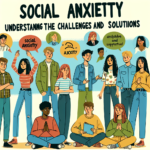




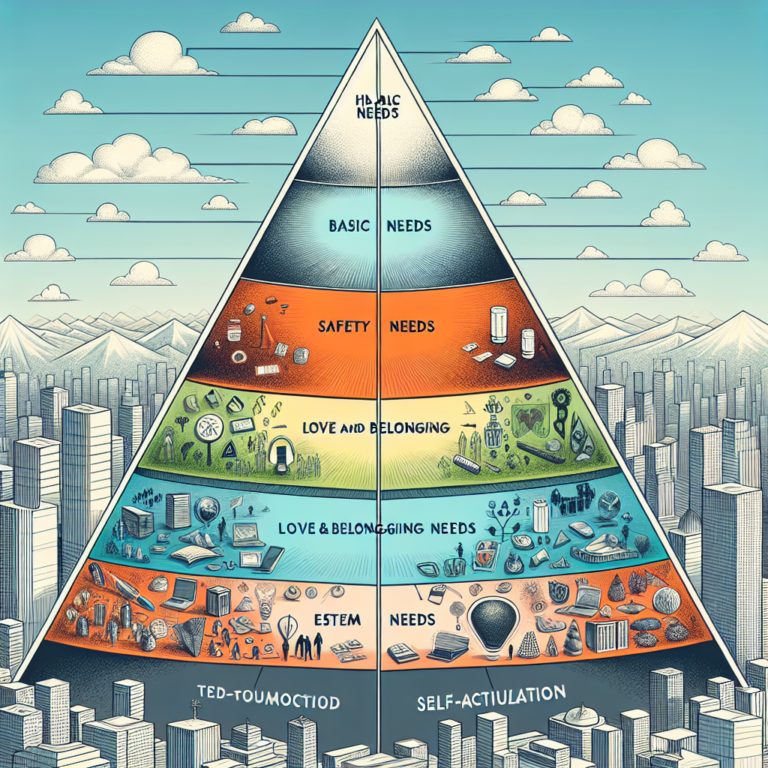

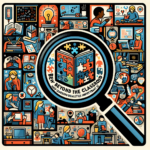
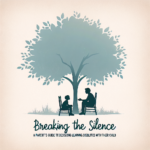

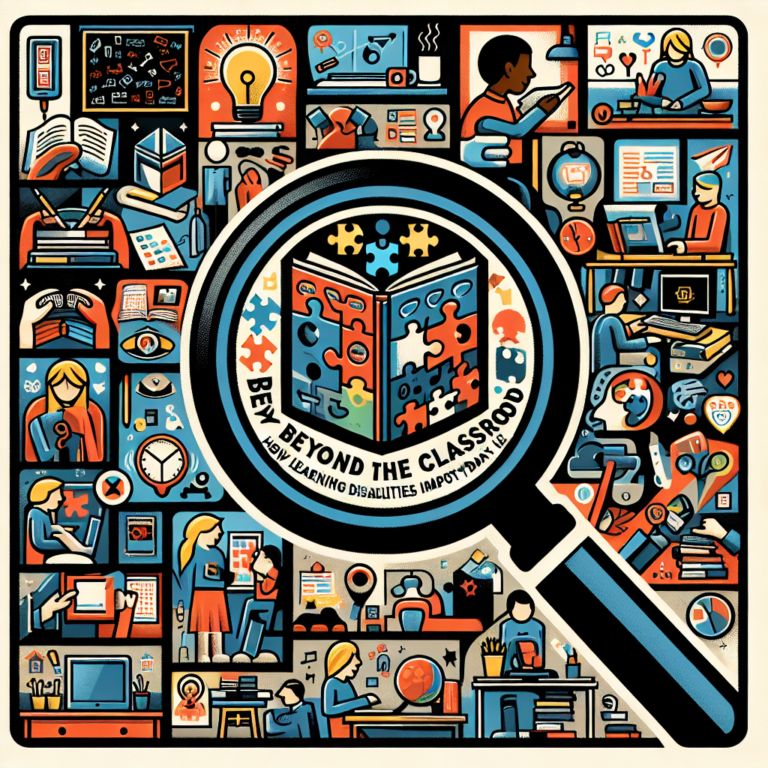
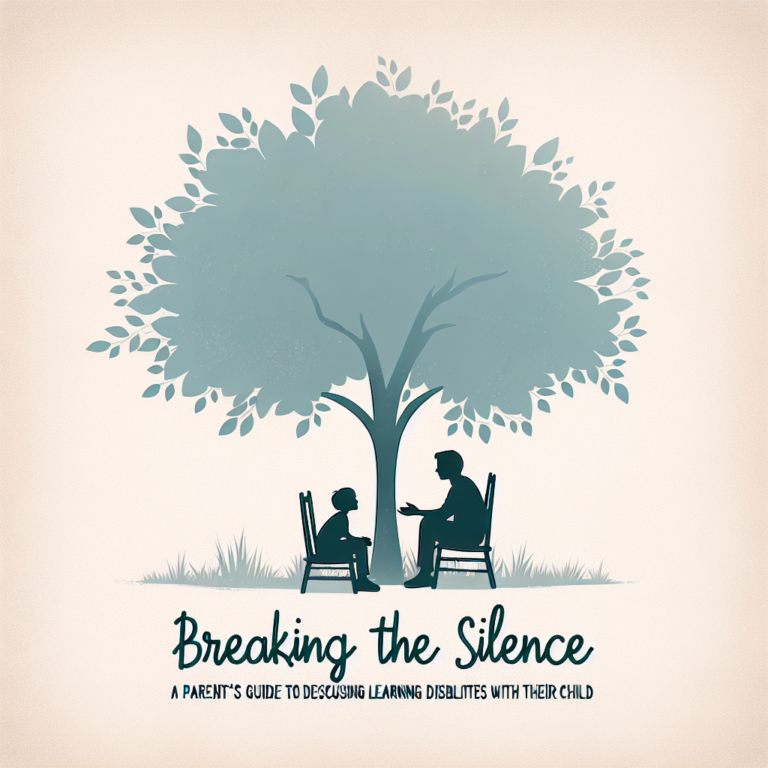

My brother recommended I may like this website. He was totally right. This submit actually made my day. You cann’t imagine just how a lot time I had spent for this information! Thank you!
I am extremely inspired together with your writing skills as smartly as with the structure on your weblog. Is this a paid theme or did you customize it your self? Either way stay up the nice quality writing, it is rare to peer a nice blog like this one nowadays..
I want gathering utile info, this post has got me even more info! .
I’m also commenting to let you know what a fantastic discovery our child undergone reading through your webblog. She learned some issues, with the inclusion of what it is like to possess an excellent coaching style to have men and women without difficulty fully grasp a number of extremely tough topics. You actually exceeded our desires. Thank you for imparting these beneficial, dependable, revealing and cool tips on that topic to Ethel.
Hmm is anyone else having problems with the pictures on this blog loading? I’m trying to figure out if its a problem on my end or if it’s the blog. Any suggestions would be greatly appreciated.
Hi there, You have done an excellent job. I will certainly digg it and personally suggest to my friends. I am confident they will be benefited from this website.
Your place is valueble for me. Thanks!…
Good post. I learn one thing more difficult on totally different blogs everyday. It will at all times be stimulating to read content from different writers and follow somewhat one thing from their store. I’d choose to use some with the content material on my weblog whether or not you don’t mind. Natually I’ll offer you a hyperlink in your net blog. Thanks for sharing.
Some genuinely great information, Gladiolus I discovered this.
I dugg some of you post as I thought they were very beneficial very helpful
Aw, this was a very nice post. In concept I would like to put in writing like this additionally – taking time and precise effort to make an excellent article… however what can I say… I procrastinate alot and certainly not appear to get one thing done.
Hello! I could have sworn I’ve been to this blog before but after browsing through some of the post I realized it’s new to me. Anyhow, I’m definitely glad I found it and I’ll be bookmarking and checking back often!
I really like your writing style, wonderful info, appreciate it for posting :D. “Much unhappiness has come into the world because of bewilderment and things left unsaid.” by Feodor Mikhailovich Dostoyevsky.
I regard something truly interesting about your web site so I bookmarked.
I do not even know the way I ended up right here, but I assumed this post was good. I do not understand who you might be but certainly you’re going to a well-known blogger for those who are not already 😉 Cheers!
Excellent website. Plenty of useful information here. I’m sending it to some friends ans also sharing in delicious. And naturally, thanks for your sweat!
I really enjoy reading on this internet site, it has superb content. “Don’t put too fine a point to your wit for fear it should get blunted.” by Miguel de Cervantes.
You actually make it appear so easy together with your presentation however I find this matter to be really something which I believe I’d by no means understand. It seems too complex and extremely large for me. I’m having a look forward in your next publish, I will attempt to get the dangle of it!
I do consider all of the ideas you’ve offered on your post. They’re very convincing and can definitely work. Nonetheless, the posts are too brief for beginners. May you please lengthen them a little from next time? Thank you for the post.
you’ve gotten a great blog here! would you prefer to make some invite posts on my blog?
Good info. Lucky me I reach on your website by accident, I bookmarked it.
I think this is one of the most vital information for me. And i’m glad reading your article. But want to remark on few general things, The site style is perfect, the articles is really great : D. Good job, cheers
I just could not depart your web site before suggesting that I really enjoyed the standard info a person provide for your visitors? Is gonna be back often to check up on new posts
I conceive this website holds some rattling superb info for everyone :D. “Nothing great was ever achieved without enthusiasm.” by Ralph Waldo Emerson.
I like what you guys are up also. Such smart work and reporting! Carry on the excellent works guys I have incorporated you guys to my blogroll. I think it’ll improve the value of my website 🙂
Great blog here! Also your site loads up very fast! What web host are you using? Can I get your affiliate link to your host? I wish my web site loaded up as quickly as yours lol
I definitely wanted to develop a small word in order to appreciate you for all of the amazing guidelines you are giving out at this website. My extensive internet look up has at the end of the day been recognized with high-quality know-how to go over with my companions. I ‘d assert that we site visitors are unquestionably lucky to dwell in a fabulous place with so many outstanding people with insightful principles. I feel quite lucky to have discovered your web site and look forward to tons of more brilliant moments reading here. Thanks a lot once more for all the details.
Admiring the persistence you put into your site and detailed information you provide. It’s great to come across a blog every once in a while that isn’t the same outdated rehashed material. Excellent read! I’ve saved your site and I’m including your RSS feeds to my Google account.
I discovered your blog site on google and check a few of your early posts. Continue to keep up the very good operate. I just additional up your RSS feed to my MSN News Reader. Seeking forward to reading more from you later on!…
Along with everything which appears to be building inside this subject material, many of your points of view are actually relatively stimulating. On the other hand, I appologize, because I can not subscribe to your entire idea, all be it refreshing none the less. It looks to me that your commentary are generally not entirely validated and in fact you are generally yourself not even totally convinced of your point. In any case I did appreciate reading it.
Hey, you used to write wonderful, but the last few posts have been kinda boring?K I miss your tremendous writings. Past several posts are just a little bit out of track! come on!
Way cool, some valid points! I appreciate you making this article available, the rest of the site is also high quality. Have a fun.
I am constantly searching online for ideas that can facilitate me. Thank you!
I’m really enjoying the theme/design of your site. Do you ever run into any internet browser compatibility issues? A handful of my blog visitors have complained about my website not operating correctly in Explorer but looks great in Opera. Do you have any solutions to help fix this problem?
Very interesting subject , regards for posting.
You actually make it appear really easy together with your presentation but I to find this topic to be really one thing that I think I’d never understand. It kind of feels too complicated and extremely broad for me. I am looking forward for your subsequent post, I’ll attempt to get the hold of it!
The next time I read a blog, I hope that it doesnt disappoint me as much as this one. I mean, I know it was my choice to read, but I actually thought youd have something interesting to say. All I hear is a bunch of whining about something that you could fix if you werent too busy looking for attention.
What i don’t understood is actually how you’re not actually much more well-liked than you may be now. You are very intelligent. You realize thus considerably relating to this subject, produced me personally consider it from a lot of varied angles. Its like men and women aren’t fascinated unless it is one thing to do with Lady gaga! Your own stuffs excellent. Always maintain it up!
Perfect piece of work you have done, this web site is really cool with great info .
You are my intake, I possess few web logs and occasionally run out from to brand : (.
I have been absent for some time, but now I remember why I used to love this website. Thanks , I will try and check back more often. How frequently you update your website?
I’m still learning from you, but I’m trying to reach my goals. I absolutely enjoy reading all that is written on your site.Keep the tips coming. I liked it!
Very interesting subject, appreciate it for posting.
Thank you for some other excellent post. Where else could anybody get that kind of info in such an ideal method of writing? I’ve a presentation subsequent week, and I am at the search for such info.
I have been exploring for a bit for any high quality articles or blog posts on this kind of space . Exploring in Yahoo I finally stumbled upon this site. Studying this information So i¦m satisfied to express that I have an incredibly just right uncanny feeling I found out exactly what I needed. I so much certainly will make sure to do not disregard this site and give it a glance regularly.
You are my intake, I have few web logs and occasionally run out from to post : (.
Hi there! Would you mind if I share your blog with my myspace group? There’s a lot of folks that I think would really enjoy your content. Please let me know. Thank you
My brother suggested I would possibly like this web site. He used to be totally right. This post actually made my day. You cann’t believe just how so much time I had spent for this information! Thanks!
We’re a group of volunteers and starting a new scheme in our community. Your web site offered us with helpful info to paintings on. You’ve done an impressive activity and our whole community might be thankful to you.
I was examining some of your articles on this internet site and I conceive this internet site is really informative! Keep on posting.
My spouse and I stumbled over here different website and thought I might as well check things out. I like what I see so i am just following you. Look forward to going over your web page repeatedly.
When I initially commented I clicked the -Notify me when new feedback are added- checkbox and now every time a remark is added I get 4 emails with the same comment. Is there any method you can remove me from that service? Thanks!
excellent issues altogether, you just won a brand new reader. What would you recommend in regards to your publish that you just made some days ago? Any sure?
I genuinely enjoy reading on this site, it holds superb articles. “One should die proudly when it is no longer possible to live proudly.” by Friedrich Wilhelm Nietzsche.
Heya i am for the primary time here. I found this board and I find It truly useful & it helped me out a lot. I’m hoping to give one thing back and aid others like you helped me.